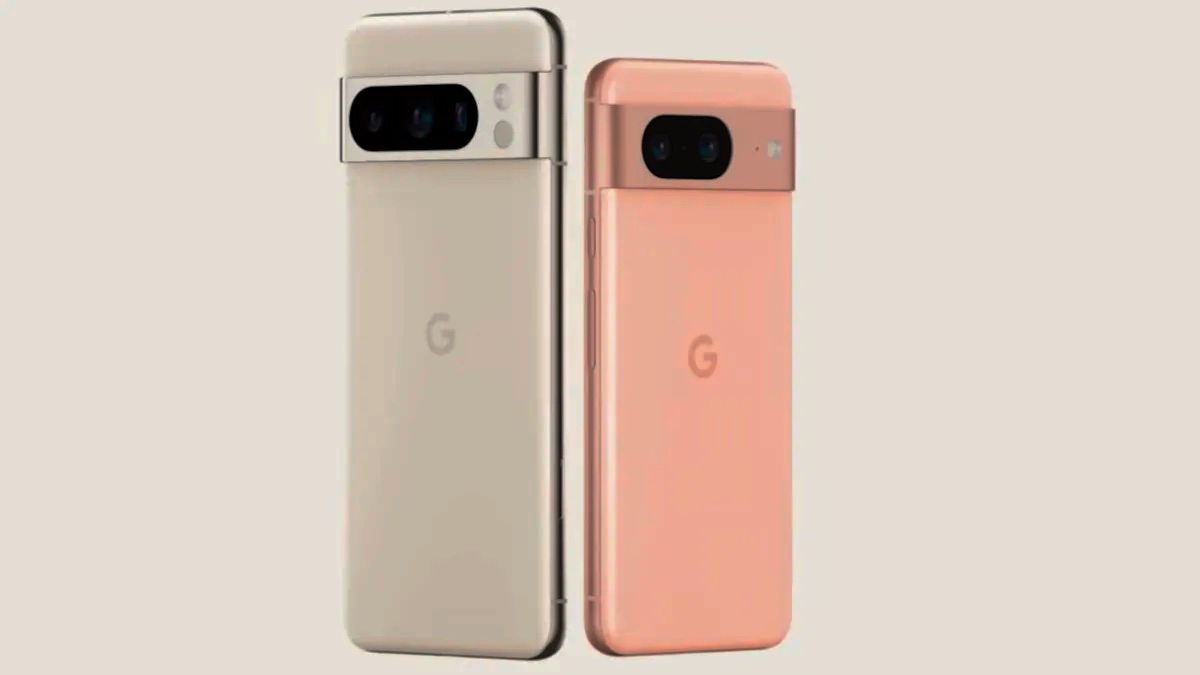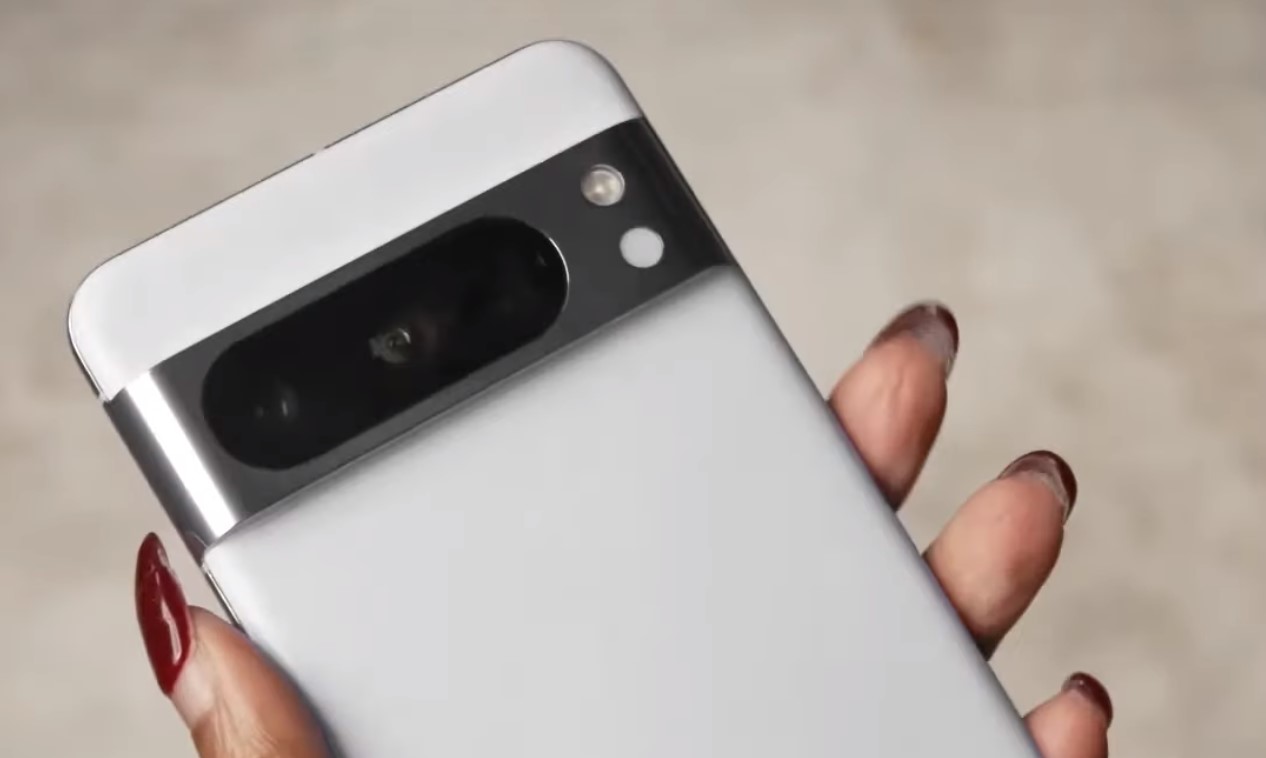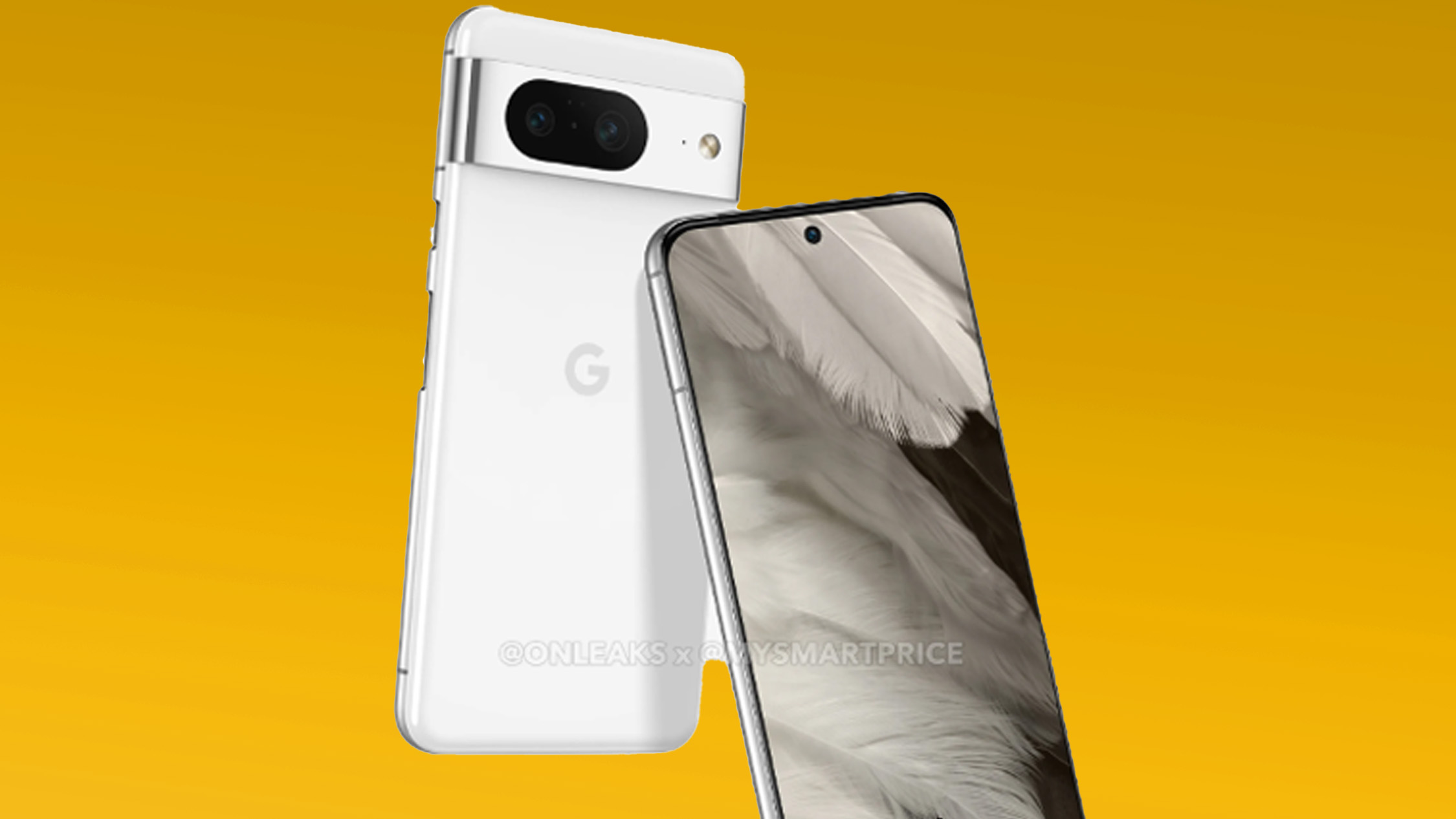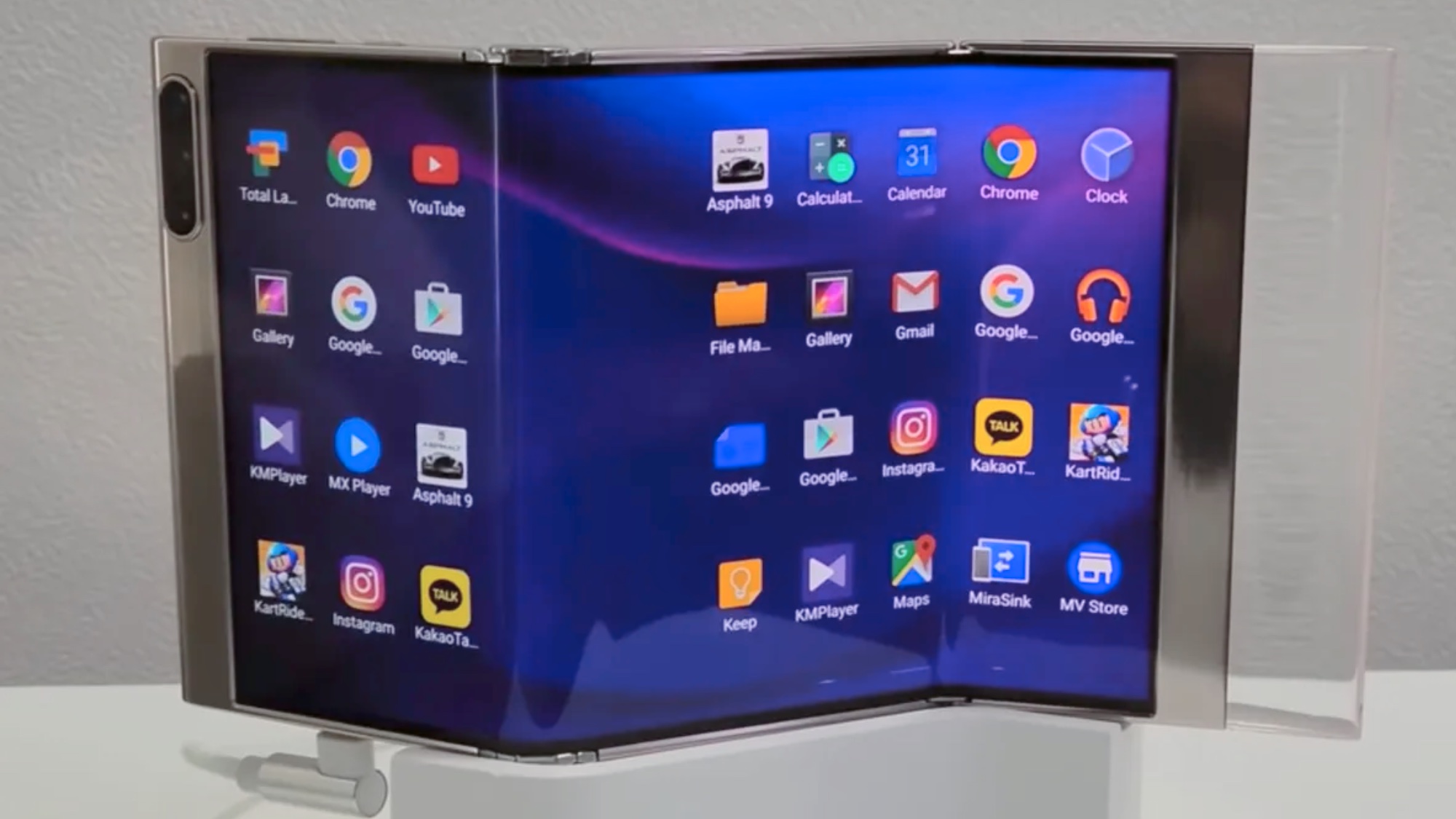Google Pixel 8 rumor ruins one of the best things about buying a Google phone
Google phones are supposed to be cheaper than their rivals

The Google Pixel 8 is set to launch next week, and, as usual, there's a deluge of last-minute rumors and leaks telling us (almost) everything we need to know about the phone. One of those rumors has bad news, and it means the Pixel 8 could lose one of the things that made it so appealing — a lower price tag.
According to 9to5Google the Pixel 8 may start at $699, while the Pixel 8 Pro may start at $999. That’s $100 more than the equivalent Pixel 7. It also means that the days of Google undercutting the competition could be over. Especially if you’re a fan of the Pro tier of Pixels, like I am.
More expensive Pixels will have to be judged by merit alone

There's no denying that Pixel phones offer a great array of features. They may not be performance powerhouses, but so far the Tensor chipsets have proven very capable of unlocking various AI-powered tools you can’t get on other phones. Photo Unblur is the one that I’ve always been jealous of, particularly as a Pixel 6 Pro owner that only got the benefits of Tensor G1 — rather than Tensor G2.
The situation around software updates has also incredibly beneficial. Since Google is responsible for both hardware and software, Pixel phones get the latest Google updates before anyone else. Other Androids have to wait longer, often because they run a slightly different flavor of Android to both stock and the Pixel Launcher.
Similarly, the camera quality offered by Pixel phones is among the best you can buy, even without the ridiculously large resolution some smartphones have to offer — and our list of the best camera phones currently includes the Pixel 7 Pro and the low-cost Pixel 7a.
Of course, the Pixel ecosystem isn’t exactly perfect. Despite all the pros of buying a Pixel, Google has earned a reputation for letting some very elementary mistakes slip into the final model. Battery life is one of the biggest sticking points for Pixels, and despite an uptick with the release of the Pixel 5 both the Pixel 6 and Pixel 7 have proven to be disappointing successors. More so with the Pro models, because the battery life is anything but.
In the past it was easier to accept some of those downsides, but only to a point. The fact that the standard Pixel price tag was a good $200 lower than the cheapest iPhone and Samsung Galaxy S model, plus some generous discounts in major sales, meant that it was much easier to justify a Pixel as a solid option — warts and all.
Now the Pixel 8 may be just $100 cheaper than the competition, and the Pixel 8 Pro could cost the same as an iPhone 15 Pro. This isn’t really expensive as far as premium smartphones go nowadays, but it means the Pixel would lose the price advantage. That means the Pixel 8 series would have to be judged on its own merits, and without taking that price into account.
Considering the history of the Pixel range, that puts the phones in a very precarious situation.
The Pixel 8 needs to make its price hike worthwhile

It’s no big surprise that the Pixel 8 may get a price increase, especially given the Pixel 7a’s price hike and the fact the Pixel Fold costs exactly the same amount as a Samsung Galaxy Z Fold 5. But that doesn’t mean the change wouldn’t sting, and Google is going to have to lessen the blow by giving us a Pixel that doesn’t have all the usual pitfalls.
If Google is upping the price, then it’s about time it puts an end to the Pixel Fold’s shoddy battery life once and for all.
The main one is, of course, the battery life. If Google is upping the price, then it’s about time it puts an end to the Pixel Fold’s shoddy battery life once and for all. Considering the Pixel 7a has almost two and a half hours over the Pixel 7, and the Pixel Fold’s solid performance, it could be that Google is finally taking that spec seriously.
A recent rumor claims that the Pixel 8 will have a 4,575 mAh battery while the 8 Pro could have a 5,050mAh battery — both of which are slightly higher than last year’s models. Sadly we won’t know how well the Pixel 8 battery performs under pressure until we get a chance to test it for ourselves.
It would also be helpful if Google took a page out of Apple’s book and tied the price hike in with a rise in base storage. The iPhone 15 Pro Max’s starting price is $100 more than the iPhone 14 Pro Max, but the fact it has 256GB storage as standard means it has perfect parity with last year’s model. Google would be wise to do the same thing, as it did with the Pixel Fold, and actually start offering a 512GB option. Rather than offering the same all-too-limited storage for a higher price tag.
Finally, there’s the issue of software updates. Android has been lagging behind Apple, which tends to keep supporting older devices for quite some time. It varies from iOS version to iOS version, but iOS 17 is currently available on devices up to the five-year-old iPhone Xs. Security updates are also available for devices older than that.
Currently the best you can hope for with Android is 4 years of full updates and an additional year of security updates — though it really depends on who you buy from. Most phones get 2 years of Android and 3 years of security if you’re lucky. But word is that Google may go all in and offer 7 years of full Android updates with the Pixel 8 series.
Not only would that let you keep your phone for longer without risk of it being a security liability, it could also increase the future resale and trade-in value — because the person buying the phone would also get to benefit from that software support.
$100 to keep your phone for an extra year or two, or gain an extra few bucks when you do decide to get rid of it, could be a worthwhile tradeoff in the long run. It would have been nice for that level of support to happen sooner, but we’ll take what we can get.
Bottom line
No matter what how you look at things, having to pay more for a new phone is never a nice thing. It’s even worse when it’s Google, who were long known as the purveyors of the best cheap phones over the past decade. Pixels may not have been as cheap as the Nexus phones, which were priced more like mid-range devices than flagships, but in an age where a $1,000 smartphone is the norm, it was nice for such a big company to at least try to undercut its competitors.
If the rumors are true, then those days are pretty much over, and it means the Pixel 8 series won’t be allowed any additional leeway when it comes to the traditional Pixel flaws. iPhones and Samsung Galaxys may not be totally perfect, but they do at least try to justify their price tags. Google is going to have to start doing the same.
More from Tom's Guide
Sign up to get the BEST of Tom's Guide direct to your inbox.
Get instant access to breaking news, the hottest reviews, great deals and helpful tips.

Tom is the Tom's Guide's UK Phones Editor, tackling the latest smartphone news and vocally expressing his opinions about upcoming features or changes. It's long way from his days as editor of Gizmodo UK, when pretty much everything was on the table. He’s usually found trying to squeeze another giant Lego set onto the shelf, draining very large cups of coffee, or complaining about how terrible his Smart TV is.
-
aWintersTale Excellent point, and definitely a factor for those who like to update yearly. However, if around the beginning of December Google offers again a substantial discount along with a hefty trade in allowance for my 7 Pro, AND, the night mode for video has elevated low light video above its peers, then I will most likely update. Thank you for the article.Reply
